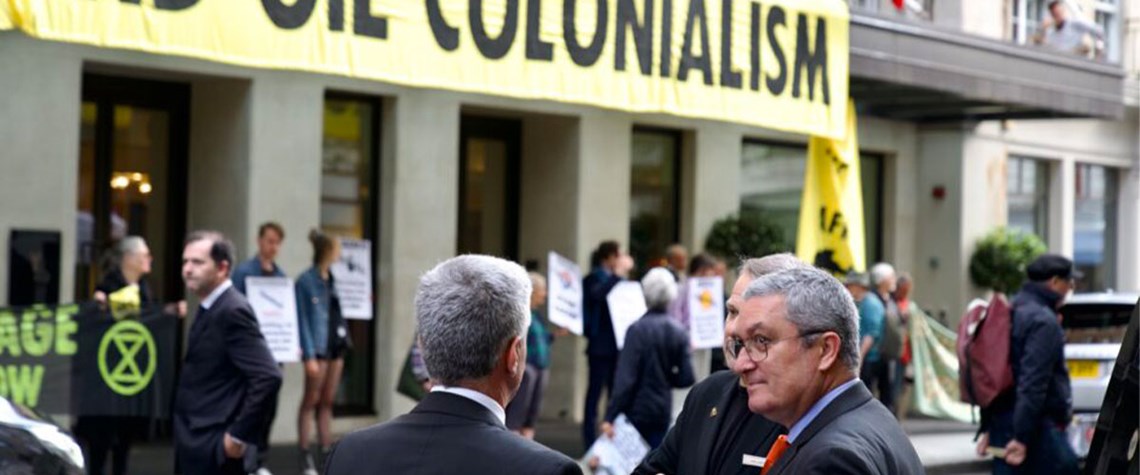Letter from London: A tale of two sectors
Africa’s upstream is heavily populated by companies headquartered in London, where an increasingly positive environment for independents contrasts with the public pressure on the majors
Climate change protesters recently targeted an African oil and gas conference in London, with one of the participating groups—Extinction Rebellion—specifically citing Shell and TotalEnergies in its complaints and issuing a press release condemning the East African Crude Oil Pipeline, which the French major is developing alongside China’s Cnooc as part of the Lake Albert project. Shell and BP have long been bogeymen for British environmental groups, perhaps partially out of name recognition value, if nothing else. And now the UK popular press—itself often at odds with environmental protesters—is also keen to blame the current inflationary crisis and high petrol-pump prices on the oil majors.

Also in this section
25 July 2025
There is a bifurcation in the global oil market as China’s stockpiling contrasts with reduced inventories elsewhere
24 July 2025
The reaction to proposed sanctions on Russian oil buyers has been muted, suggesting trader fatigue with Trump’s frequent bold and erratic threats
24 July 2025
Trump energy policies and changing consumer trends to upend oil supply and demand
24 July 2025
Despite significant crude projections over the next five years, Latin America’s largest economy could be forced to start importing unless action is taken








